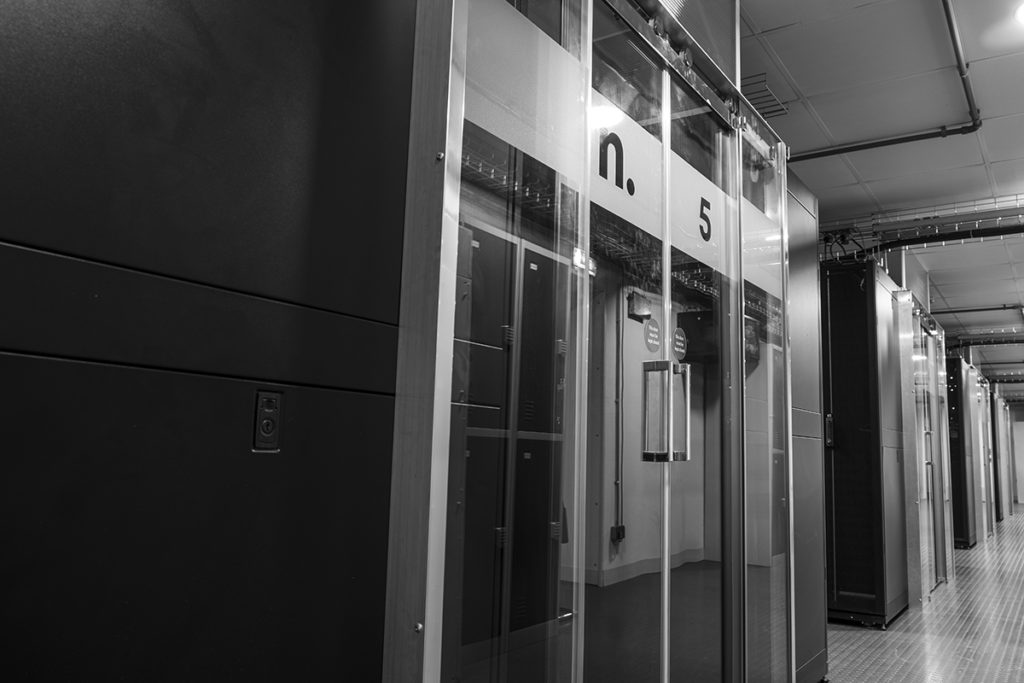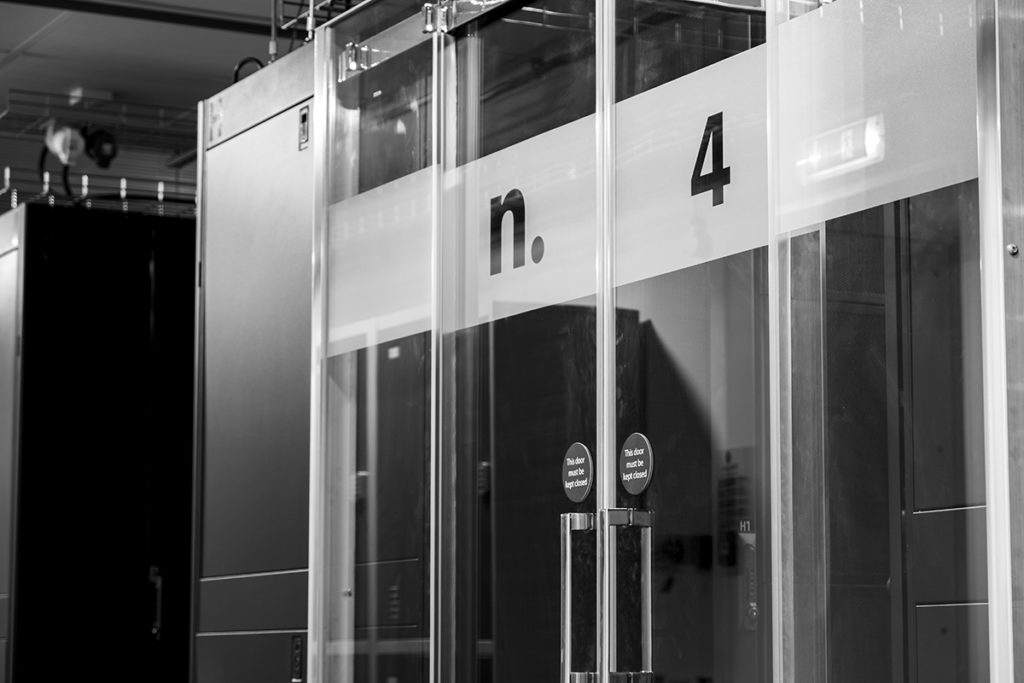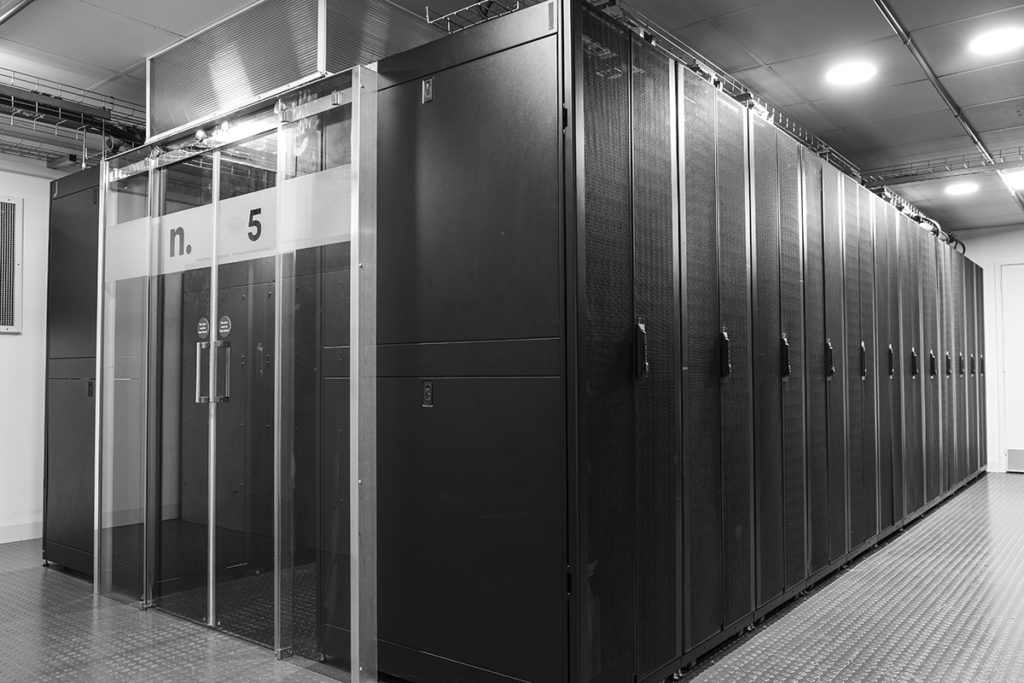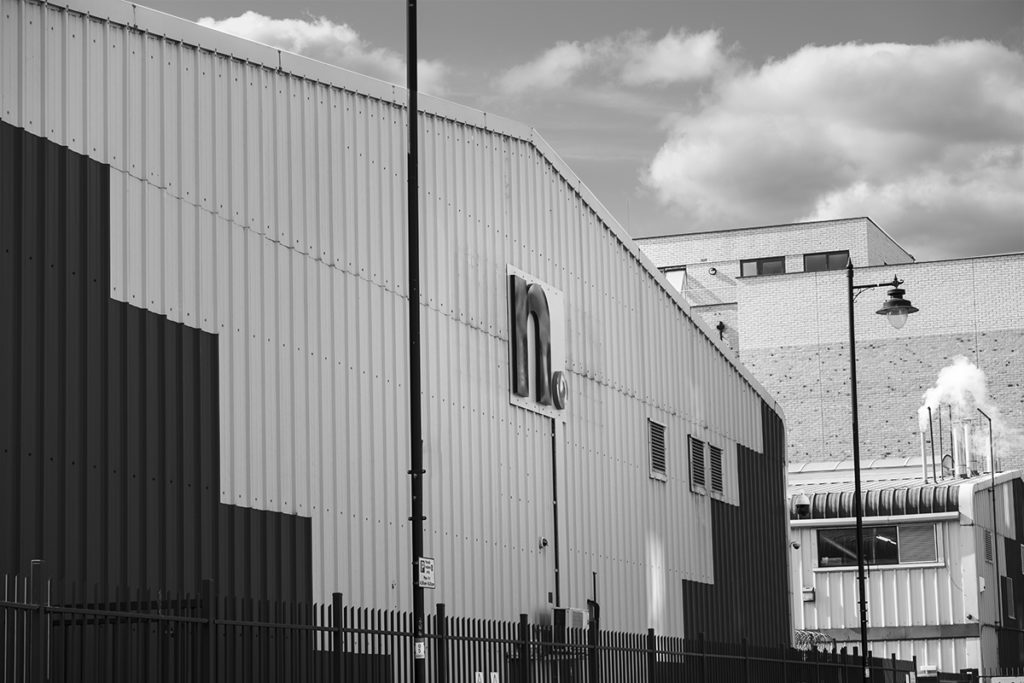An emerging cost effective solution for businesses large or small when it comes to their investment in infrastructure, explore the benefits of colocation.
Colocation is a hosting option that businesses all over the world use for a variety of reasons. A data centre facility generally provides colocation services, along with other related services. Data centre facilities let companies rent space for their servers and computing hardware.
Such data centres, also referred to as ‘colo data centres’, will provide the secure rack space and resilient power. They also provide connectivity / transit, cooling, and physical security for the hardware. The customer generally provides their own servers and storage.
Depending on the colocation service you choose, you can upgrade these services on the fly. Premium colocation services also offer 24×7 technical support. You can enjoy access to teams of experts that can assist your business; you can also get remote hands that can handle physical technical issues.
So, what are the benefits of using a colocation service?
Capital expenditures
There are many reasons to use colocation services instead of building an on-site data centre space. One of the main benefits is the avoidance of huge capital expenditures (CAPEX). The CAPEX associated with creating, maintaining, and updating large computing facilities is significant.
Relying on a colo data centre allows your business to cut these costs, moving them instead to a more manageable OPEX cost. At the same time, you get to keep ownership and complete control of your physical servers, something not offered through the use of cloud and virtual services.
The only thing to note when it comes to spending is upfront expenses. Using a colocation service still requires your business to shoulder the upfront costs of buying your own hardware. You will also typically need to shoulder the travel costs of your engineers whenever they need to access the hardware manually.
Reliable connectivity
When running a business that relies on connectivity for many core processes, uptime is absolutely critical. With a colocation service, you can enjoy 100% uptime. Constant and reliable connectivity is a significant feature colocation providers supply.
They have superior and fully redundant high-capacity network connections. These allow colo data centres to make sure that your equipment is connected to the rest of the world 24×7.
Furthermore, colo service providers focus considerable time and effort on proactive maintenance. This means that everything is kept running smoothly, avoiding issues that could cause downtime.
Green energy
Data centres use a considerable amount of energy. Some data centres now elect to operate in places where inexpensive green energy is available. Sometimes, it’s a product of corporate social responsibility, and other times, it’s financially practical.
Either way, you can expect many top-tier colo providers to employ the use of green energy. We’re a good example of this, having been named one of the Best Green Business winners in the recent past.
Your company could already be green. Or, you could be looking into ‘going green’. Either way, using a colocation service instead of running a local data centre or comms room will help you achieve far greater sustainability.
Fire protection
Office buildings are generally fire protected as standard, so you may feel that this is not a feature that you specifically need. But did you know that servers need specialised fire protection?
Servers draw a lot of power. On top of that, they’re easily damaged by water. Colocation centres can handle the specific protection needs of servers and associated equipment. These include both passive and active fire protection systems.
Passive elements include sensitive smoke detectors and VESDA systems. These are particular types of smoke detection units tuned to detect smouldering electrical components, which can identify an issue before ignition. Such methods make your servers’ fire protection to be more vigilant.
Data centres also have more passive elements like walls to prevent fires from spreading. Active elements include fire suppression systems like electrical-safe sprinklers and inert gas fire suppression.
Temperature management
Servers have to be kept at cooler temperatures than the average office space, so your employees and your servers won’t make for great office mates.
You might be willing to invest in the creation of a separate space and a cooling system in this new location, but such an endeavour can prove expensive.
Using a colocation service can help solve this issue. Colocation providers are able to watch the temperature in the data halls at multiple points, allowing them to use their robust ventilation systems to deploy climate-controlled air.
Components are kept at their optimal temperatures in this way. Other colocation providers go as far as placing their data centres in places with naturally cold climates, which offsets any additional risks in temperature rises.
Note that humidity can also affect the operation of these components. Colo data centres watch the humidity levels around your components for this very reason. This way, their humidification systems prevent static electricity build up and discharge.
Cloud migration
Cloud migration is a trend in companies of every size today. If you’re also looking to make the move to cloud computing for your business, colocation can pave the way. Colocation provides the tools you need for a smooth transition and an excellent base to build a robust hybrid system.
It allows you to move your hardware to a facility with more capacity to manage the necessary changes, meaning it can add much-needed support to the process, making it both easier and faster.
Making room to grow
The current size of your business is not likely the size it will remain forever. As you grow, your infrastructure will have to grow with you. Colocation services allow you to expand your infrastructure in-line with your growth.
You don’t have to take on more capital expenditure. This means you will be able to expand your critical IT infrastructure, and provide support for it more quickly. You’ll also be able to do it with much less investment than you would with an on-site data centre or comms room.
Colocation solutions
When your business owns its networking equipment, servers, and storage, it’s tempting to host it all on-site. After all, it might seem like a waste to have all the equipment and have to pay someone else to host it. But you should keep in mind that office spaces are designed to meet the needs of people, not critical IT equipment.
Servers and related hardware has its own needs. These needs are specialised and highly technical. For each group – either servers or people – their needs have to be met for them to be optimally productive.
Considering a colocation service may be the best choice you could make for your business to address all these needs
Contact us to speak with an expert.




